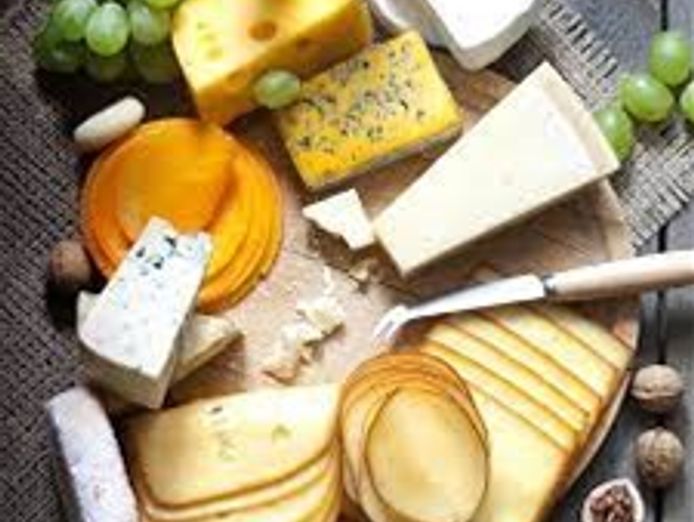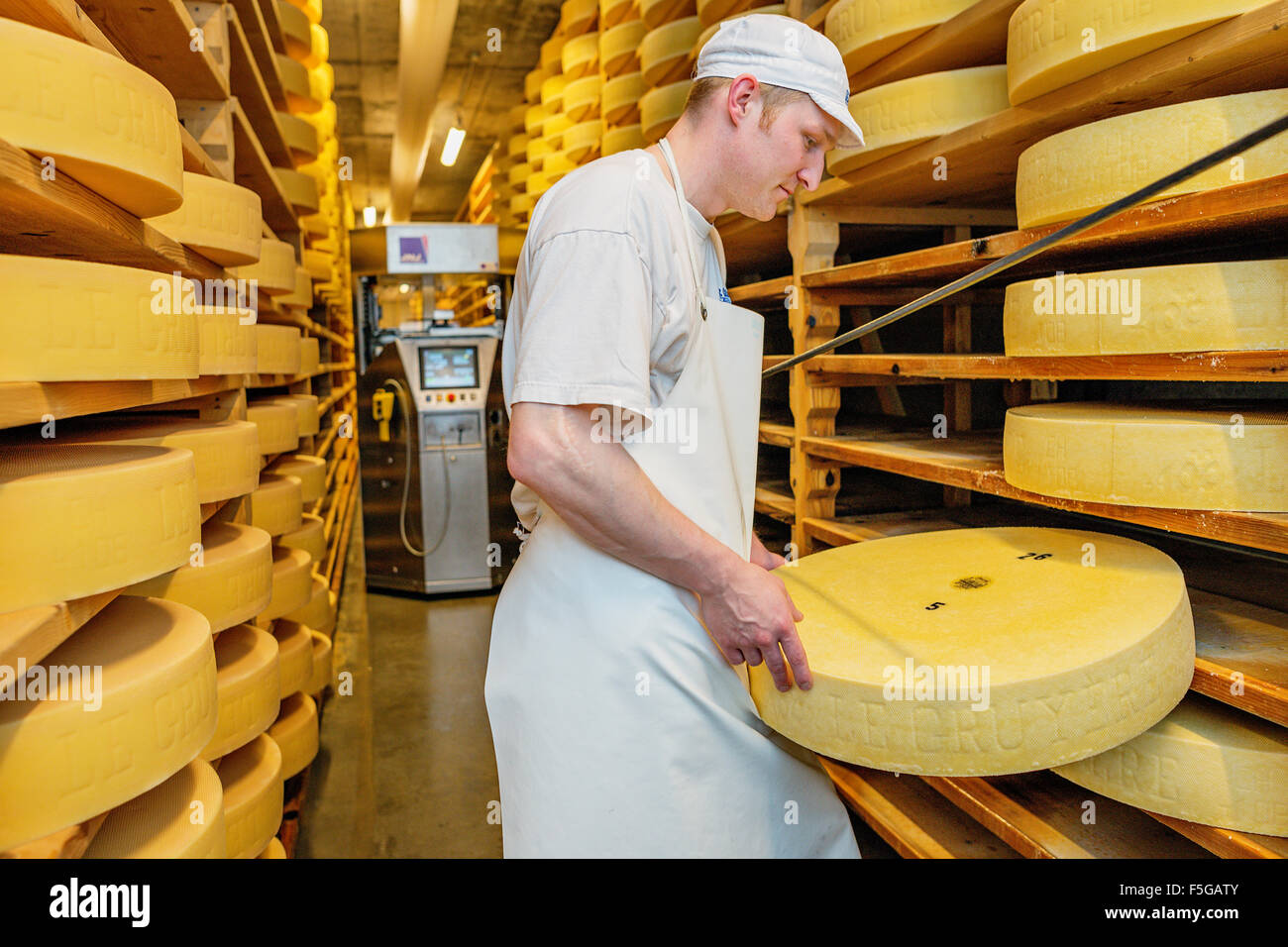Get High Quality Cheese for Sale Online Melbourne's Best
Get High Quality Cheese for Sale Online Melbourne's Best
Blog Article
An In-Depth Take A Look At Cheese Manufacturing: Active Ingredients, Techniques, and the Future of Craftsmen Cheeses
The detailed procedure of cheese production is a remarkable merging of art and science, where top quality milk, rennet, and certain microbial cultures function as foundational components. Typical techniques, such as salting and aging, are enhanced by modern-day technologies that respond to evolving customer choices. As the sector increasingly focuses on sustainability and transparency, the future of artisan cheeses assures to reflect both heritage and progress. Understanding the subtleties of these methods raises compelling inquiries about the direction of cheese manufacturing and its ramifications for high quality and authenticity. What lies ahead in this evolving landscape?
Key Ingredients in Cheese Production
A selection of essential active ingredients play a critical function in cheese manufacturing, each adding to the last item's flavor, appearance, and personality. The key ingredient in cheese is milk, which can come from different sources, including cows, goats, and sheep - cheese shop melbourne. The kind of milk utilized substantially affects celebrity's taste and uniformity; as an example, cow's milk usually produces creamier cheeses, while goat's milk usually generates appetizing ranges
An additional vital component is rennet, an enzyme used to curdle the milk, separating it right into curds and whey. The source of rennet can be animal, vegetable, or microbial, each giving unique qualities to the cheese.
Salt not only boosts the taste yet also functions as a preservative, preventing the growth of unfavorable bacteria. In addition, various flavor agents, such as herbs, flavors, or even smoked timber, can be added to produce special artisanal cheeses. Together, these active ingredients develop the foundation of cheese manufacturing, establishing the phase for varied and rich cheese selections.
Conventional Cheese-Making Strategies
Making use of typical cheese-making strategies, artisans around the globe maintain classic methods that have actually been given with generations. These techniques frequently stress the usage of high-quality, in your area sourced milk, which is central to the special flavors and textures of artisanal cheeses. The process commonly begins with the careful home heating of milk, followed by the enhancement of cultures and rennet to facilitate coagulation.
As soon as the curds form, they are reduced, permitting whey to drain pipes, a crucial step that influences moisture material and appearance. Salting is an essential facet of this procedure, enhancing flavor while also acting as a chemical.
Aging, or affinage, is an additional essential element, throughout which cheeses develop their characteristic scents and preferences. Artisans may utilize particular aging atmospheres, using humidity and temperature controls to refine the cheese's profile. The dedication to these typical approaches not just sustains neighborhood economies but additionally adds to the abundant diversity of cheese ranges located globally, commemorating social heritage and artisanal craftsmanship.
Modern Advancements in Cheese Manufacturing
Exactly how have technical developments changed cheese production in current years? The combination of modern-day technology has actually reinvented both the performance and high quality of cheese manufacturing.
In addition, advancements in microbiology have actually enabled cheesemakers to choose certain microbial cultures and enzymes, optimizing flavor profiles and enhancing service life. Using sensor modern technology for keeping track of fermentation problems has also become widespread, permitting real-time modifications to preserve optimal settings for cheese aging.

These improvements not just boost the top quality and sustainability of cheese production however likewise empower craftsmen manufacturers to keep traditional tastes while accepting modern performance. As innovation remains to progress, the future of cheese production looks promising, mixing tradition with advancement.
The Role of Terroir in Cheese
In the realm of cheese manufacturing, terroir plays a critical duty in defining the distinct attributes of numerous cheeses. Terroir, a French term generally connected with wine, encompasses the environmental variables that influence farming products, consisting of soil structure, climate, and neighborhood flora and animals. In cheese-making, the unique features of the region where the milk is sourced can impart details flavors and appearances to the end product.
For circumstances, the grazing conditions of dairy pets substantially affect the milk's structure, affected by the types of turfs and natural herbs available in a specific locale. This varies not just in between countries however also between areas within the very same country. Additionally, the microbial neighborhoods existing in the environment contribute More Bonuses to the fermentation procedures, leading to diverse profiles in flavor and aroma.
Cheeses such as Roquefort, Parmigiano-Reggiano, and Cheddar exhibit just how terroir can shape their identifications, making them distinct and often shielded by geographical signs. As producers increasingly acknowledge the value of terroir, there is an expanding emphasis on sourcing neighborhood active ingredients and preserving traditional practices, making sure that each cheese genuinely shows its beginning.

Future Patterns in Artisan Cheeses
A notable change is taking place in the artisan cheese sector, driven by advancing customer preferences and technological improvements. Significantly, consumers are inclining distinct, high-grade items that highlight both sustainability and neighborhood sourcing - cheese store melbourne. This fad is prompting look at this website artisan cheesemakers to innovate, focusing on small-batch production and making use of conventional methods while incorporating modern-day innovation to improve top quality and safety
In addition, there is an expanding interest in plant-based and alternative dairy items, pushing traditional cheesemakers to check out brand-new opportunities, such as cashew or almond-based cheeses. This change not just deals with nutritional constraints but likewise lines up with ecological issues pertaining to animal agriculture.
Furthermore, openness in sourcing and production procedures is coming to be critical. Consumers are a lot more enlightened and demand traceability, triggering producers to embrace more clear websites labeling techniques and take part in storytelling that highlights their methods and values.
Verdict
Finally, the elaborate process of cheese manufacturing blends typical techniques with modern innovations, causing a diverse selection of tastes and textures. The focus on top quality components and the influence of terroir highlight the creativity associated with cheese production. As the market advances, a concentrate on sustainability and openness will likely form the future of artisan cheeses, providing to a significantly critical customer base that values authenticity and craftsmanship in milk items.
Report this page